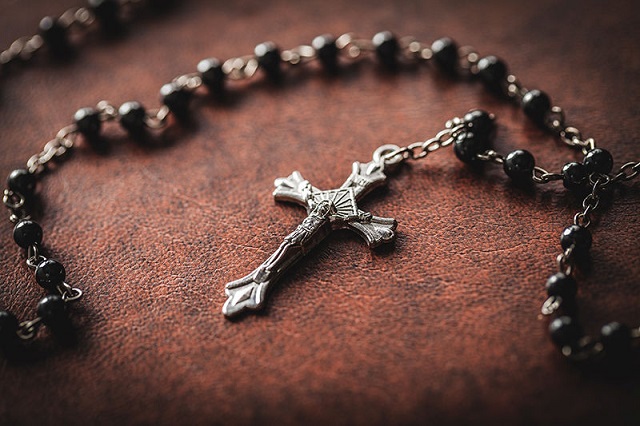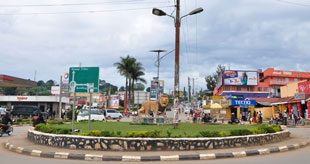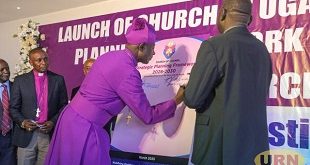
Kampala, Uganda | THE INDEPENDENT | Church of Uganda lay readers in Mukono Diocese are enduring hardship as the government maintains a ban on public gatherings implying that even churches will remain closed.
Lay readers are ordinary worshipers usually members of the congregation called to preach or lead services but not called to full-time ministry. They are often called upon to prepare and conduct services, take leadership roles in committees, training and sacramental preparations.
Mukono Diocese has more than 500 lay readers who receive a monthly payment of 36,000 Shillings deducted from offertories collected during Church congregational services. Sometimes, the payments are determined by how much is collected during the services.
But the Churches have been closed from March 18, at the time Uganda went into lockdown to forestall the spread of the COVID-19 pandemic. Prior to the closure, Uganda had not registered any cases of COVID-19 and now the numbers have escalated to more than 740 yet many of them are from within the communities.
Unlike in urban areas where churches are involved in online, televised and radio preaching, those in rural areas are entirely closed because none of the digital platforms reaches the parishioners. George Samuel Mubiru from Namaliri Church of Uganda in Bukoba Archdeaconry says that they were only able to collect between 3000 and 10,000 Shillings a month during the lockdown.
Another lay reader Jackeline Mbolanyi, from Lugazi, says that many of them are now living like destitute with no land to practice farming and no other means of survival.
Venerable Wilson Kisekka, the Archdeacon of Bukoba is concerned about the lay reader’s livelihood saying they are paid less and majority fail to receive the required amount slated due to little offertories collected. He notes that currently, each archdeacon is working with the diocese to support lay readers.
The archdeacon of Lugazi Archdeaconry Rev. Canon George William Kityo says the lockdown was abrupt and caught the church unawares but they are trying to use all their contacts to lobby support for the lay readers and other most vulnerable Christians in their communities.
Mukono diocese started on various projects through Mukono Diocese Socio-Economic Development Programme-MUDI-SEDEP a diocesan initiative fighting poverty among the serving clergy and Christians by introducing them to modern farming and animal rearing though it not yet catered for all its populace.
******
URN
 The Independent Uganda: You get the Truth we Pay the Price
The Independent Uganda: You get the Truth we Pay the Price



